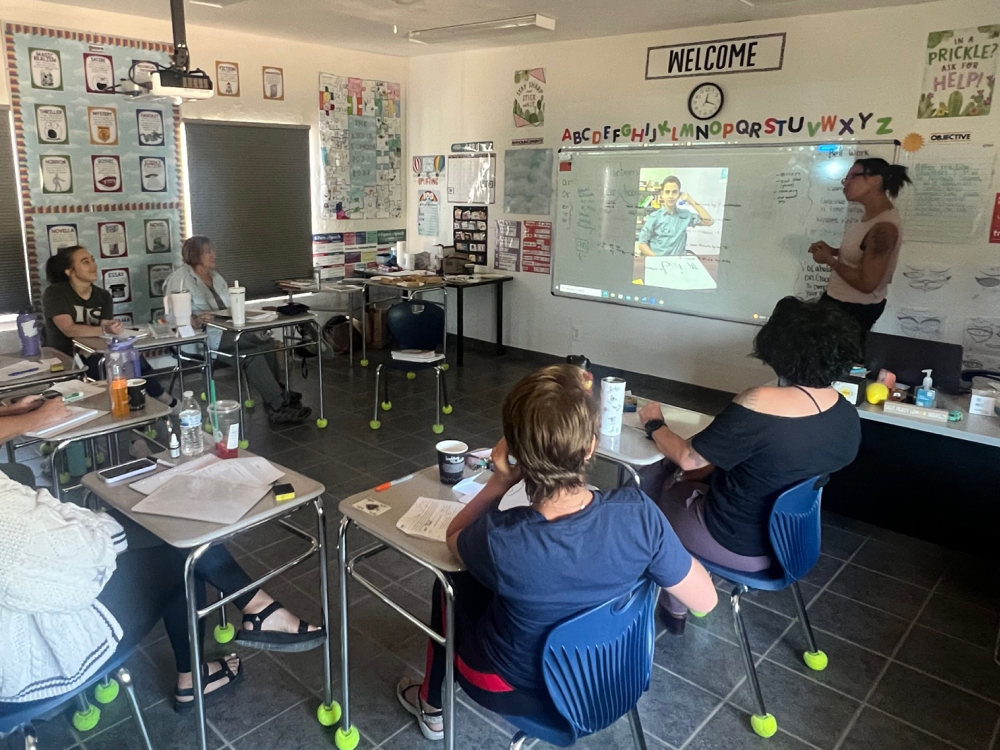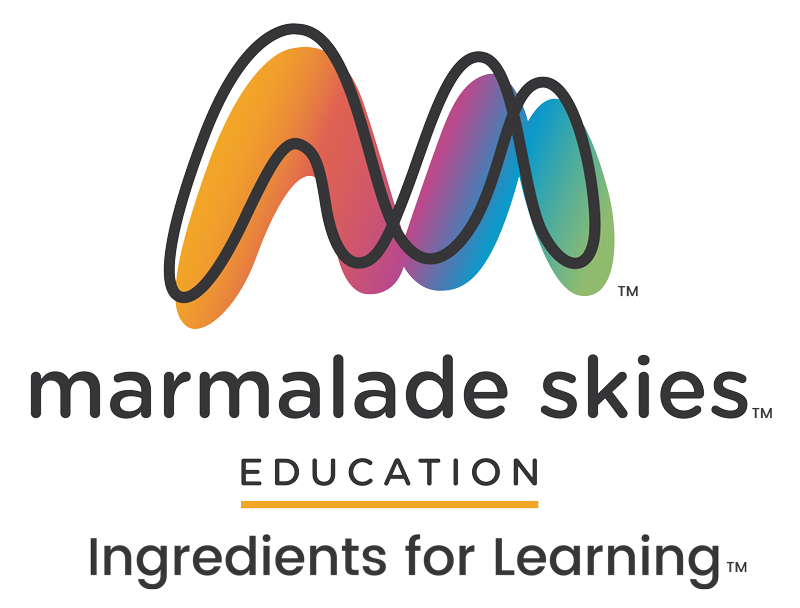How To More Effectively Teach Students With Writing Difficulties

Introduction
Topics Covered in This Course Include:
Reading Comprehension and Writing – What’s the Connection?
When we put into writing what we’ve read, we are able to understand it better, articulate ourselves more clearly, structure our thoughts and organize our ideas. It also helps students to better understand what they have read (i.e. improves reading comprehension). In this training, teachers will learn how best to use reading passages to help students with the components of writing: sequencing, organization of ideas, providing evidence and examples, and writing grammatically correct sentences.Translating Thoughts into Writing
Whether a student is in first grade or eighth grade, translating thoughts into writing can be a difficult process. In this training, we give teachers multiple ways to build writing skills for students, from brainstorming and graphic organizers to essay writing and paragraph structures.
Writing is a multi-step process. It starts with thinking about what to write – what is the prompt asking of me? – to brainstorming and outlining, and then putting pen to paper with correct grammar, turns of phrase, and punctuation. Writing can be challenging for children who don’t have learning differences. For those who do, it’s helpful to understand what their challenges are and how best to address them so that they too can become successful – not frustrated! – writers.
How to Deal with Avoidance
Graphic organizers, writing games, practicing writing one sentence type over and over rather than just revising it in the middle of an essay (ex. Attention grabber game), and other ways to deal with brain freeze or writing avoidance will be taught in this workshop.How to Teach Writing to Kids with Dysgraphia, Dyslexia, ADHD, or Autism
Syllables are the foundation for learning to decode words, to spell words. They help us understand when a vowel says its name and why. Too often, teaching syllable types is under taught because teachers don’t feel comfortable enough with them to teach them. In this class, teachers will learn all 6 syllable types, from vowel teams to bossy -r and consonant -le, teachers will leave feeling confident about the syllable types.Children with Dysgraphia
Dysgraphia is a written language disorder that impacts children’s handwriting legibility, word and letter spacing, letter formation, spelling, working memory and retrieval. Children with dysgraphia often read aloud something they have written, but add much more colorful and interesting sentences than what they actually wrote.
Children with Dyslexia
Children with dyslexia may demonstrate challenges in written expression. These challenges often appear as very poor spelling, diminished vocabulary, inadequate development of ideas and poor organization or structure. Children with dyslexia tend to be much better at verbally sharing their ideas and using their often quite rich vocabularies. This rarely translates easily into writing.Children with ADHD
Children with ADHD are characterized by impulsive behaviors, difficulty with organization and planning (executive functioning skills), misspelled words, and poor handwriting legibility. Children with ADHD also tend to write considerably fewer words when asked as compared to their non-ADHD peers. Together, these skill deficits impact their aptitude for successful written expression.Children with Autism
Children on the autism spectrum often have difficulty writing the words they wish to say, become frustrated by writing prompts or writing tasks, have difficulty expanding their language, they may answer questions with extreme literalness without adding evidence, supporting ideas, or author’s voice. They may demonstrate challenges with both “free style” writing and with structured writing expectations. They may focus on details and miss writing about the big picture.
Professional Development Training Formats
Professional development training is offered in-person or virtually. There are opportunities for customization within each training so that your teachers will get the most benefit and be able to have specific questions addressed.Invite Us to Your School
Additional Tutoring Services
Our Marmalade Skies instructors offer writing tutoring to kids from kindergarten to 8th grade so that they can become confident and expressive writers!

